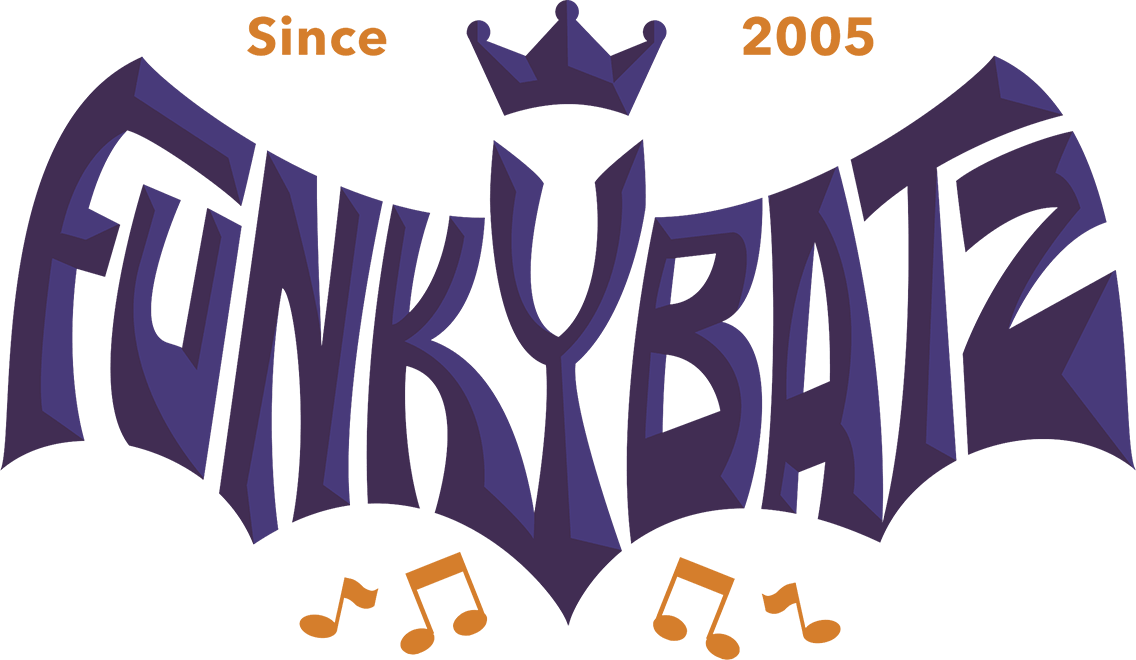 Free Radicals
atAvant Garden
Free Radicals
atAvant Garden
Since forming in 1996, Free Radicals has been in a constant state of evolution.
Band members have come, gone, then come back. The band’s songs range from jazz to ska to reggae and drum ‘n’ bass; with some tunes that are a fusion of all of the above.
Drummer Nick Cooper said the idea is to keep the music fresh both for the band and its listeners. And for a band that’s active both in musical and political arenas, it’s important for Free Radicals to have flexibility when approaching its shows.
“We’re always coming at it from different angles,” he said. “When somebody joins the band, they are not substituting for somebody who used to be in the band. We don’t even play our old material. At all. We’re always writing new material. So if you join the band, you’re playing parts that you came up with or somebody wrote for you while you are in the band. The material keeps changing.
“The idea is that people are going to come and go, but the project will continue to work. For the people who may have been a full-time member of the band at one time, they can still come back and be a part of it. In any case, the project can continue going and developing.”
Just as important to the band as its music is getting involved with various social causes.
During the past few years, Free Radicals has taken part in Halliburton protests, immigrant rights marches and a march supporting Houston janitors. In 1999, the band played for 24 hours without stopping to raise money for Kid Care, a children’s health program.
Cooper said Free Radicals didn’t form in order to take on support specific political or social causes. The members’ first goal was to make fusion music, drawing on influences ranging from African, Indian, jazz and ska backgrounds.
“Over time, we’ve played so many protests and benefit concerts for so many kinds of causes that the guys in the band have all kind of come together around that,” Cooper said. “So when there’s an immigrant rights march or there’s a anti-war march, people know in community and the people in the band start thinking, ‘What can we get together for this?'”
But that doesn’t mean the music is overtly political in nature. In fact, Free Radicals music is mainly instrumental. Cooper said unless the members make some sort of statement between songs during a concert, fans probably wouldn’t know about the band’s views or opinions.
“We’re not necessarily there to attack individuals,” he said. “We’re working musicians who are trying to make money playing music, but at the same time, we’re going to constantly give our services for free to all kinds of social causes. Some of the guys in the band before Sept. 11 were kind of apolitical. Then they decided they’re anti-war and other things like that. So playing in the band has come to mean that we share some things musically and politically.”
Not to be lost in the shuffle is Free Radicals’ music.
The band currently is recording its fourth studio album. Unlike the massive collaboration projects for previous albums, Cooper said this time there’s a “very solid line-up” of two saxophones, a guitar, bass, drums and percussion.
“We’ve been playing with the same group of guys more or less for the past two, two and a half years. We’ve been working on a set of material based around a particular lineup.”
Cooper said working and living in a diverse city like Houston has opened many doors for the band to include various international elements to its music.
And with an open-door policy regarding the musicians who can contribute to Free Radicals, it’s easy to find people who bring something new to the table.
Cooper said Free Radicals have songs influenced by Indonesian, Brazilian, Latin American and Jewish sounds. Mix in some jazz, funk, ska, dub and reggae, and that’ll give people a sampling of Free Radicals music.
“There are threads connecting it all together,” Cooper said. “We’re not some band trying to do things in this pure form. We’re using them to express our ideas. And whether it’s a Latin American tune or a Jewish tune, [saxophonist Pete Sullivano] is going to sound like Pete. And when we play with African or Indian musicians, these are people who were brought up with that music. These aren’t people who just picked it up a few years ago.” – GREG OKUHARA
(College Station, TX) Eagle Staff Writer

